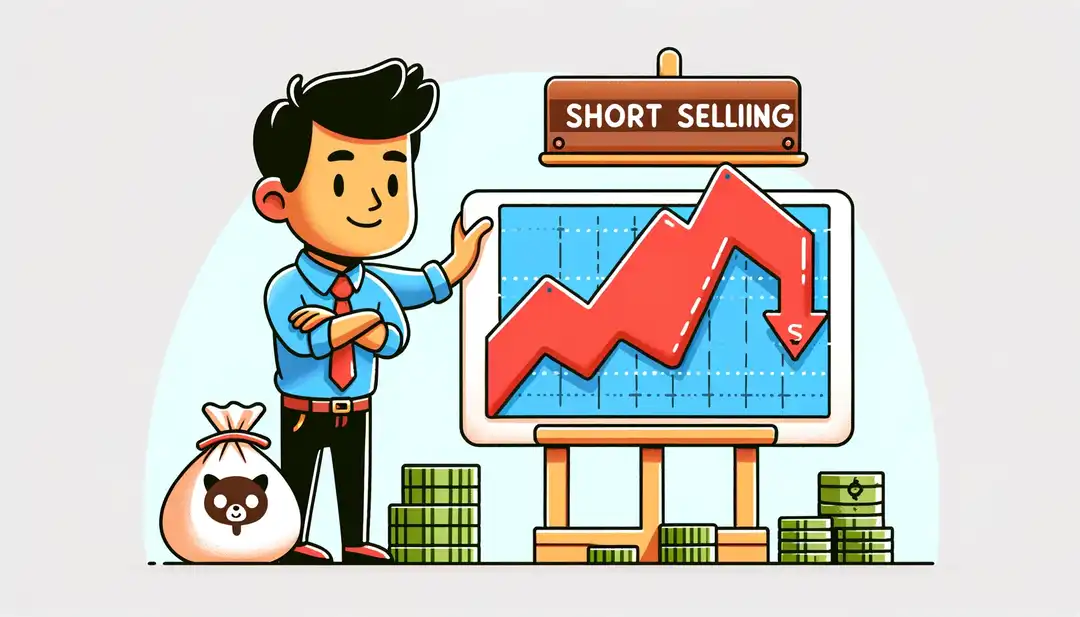March 09, 2024
Short Selling 101: Unlocking the Strategy's Secrets

Welcome, Financial Explorers!
Today, let's unravel a concept that often stirs curiosity and debate in the stock market – Short Selling. This strategy can be as lucrative as it is risky, and it's crucial to understand what it entails. Let’s demystify short selling for the everyday investor.
What is Short Selling?
Short selling is an investment strategy where an investor borrows shares of a stock they believe will decrease in value. They sell these borrowed shares at the current market price. Later, if the stock price drops as anticipated, they buy back the shares at the lower price, return them to the lender, and pocket the difference as profit.
How Does Short Selling Work?
- Borrowing Shares: An investor borrows shares from a broker.
- Selling Borrowed Shares: The investor sells these shares immediately at the current market price.
- Buying Back Shares: If the price falls, the investor buys back the same number of shares at the lower price.
- Returning Shares and Making Profit: The investor returns the shares to the broker and keeps the price difference (minus fees and interest) as profit.
Example
Let’s say you short sell 100 shares of XYZ company at ₹100 per share. You borrow and sell these shares, receiving ₹10,000 (100 shares x ₹100). Later, the stock price drops to ₹80 per share. You buy back 100 shares at this price, spending ₹8,000. After returning the shares, you’re left with a ₹2,000 profit (minus any fees and interest).
Risks Involved
- Unlimited Losses: If the stock price rises, the potential losses are unlimited. You'll have to buy back at a higher price.
- Margin Calls: If the stock price rises significantly, you may face a margin call, requiring you to add more funds or close the position at a loss.
- Borrowing Costs: There are costs associated with borrowing shares, including interest.
Why Do Investors Short Sell?
- Speculation: To make profits from anticipated stock price declines.
- Hedging: To protect other investments against market downturns.
- Market Analysis: Belief that the stock is overvalued and will correct soon.
Short selling is legal but heavily regulated. It's important to understand the rules and ethical considerations, as irresponsible short selling can contribute to market instability.
Short selling is a sophisticated strategy that requires a deep understanding of market dynamics and a high risk tolerance. While it can offer substantial rewards, the risks are significant. Always consider your financial goals, risk appetite, and the broader market context before engaging in short selling.
Remember, informed investing is smart investing. Consult with a financial advisor to understand if short selling fits your investment strategy.



